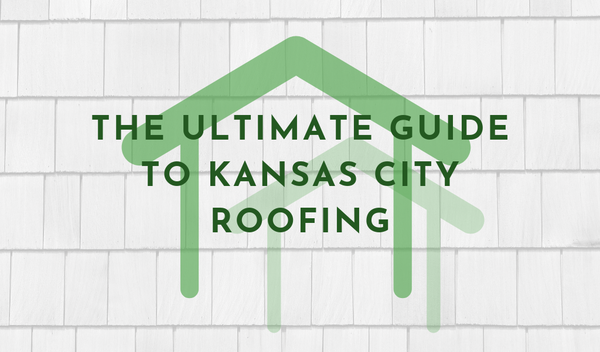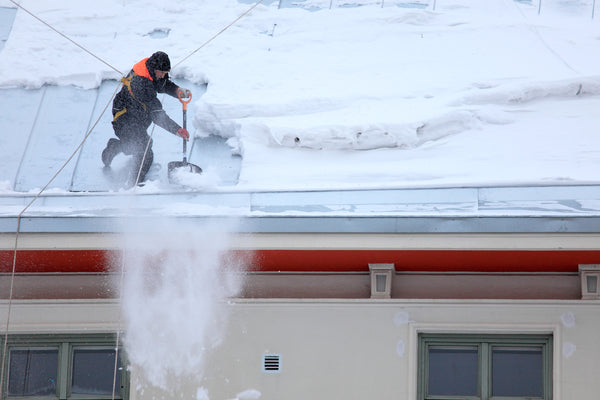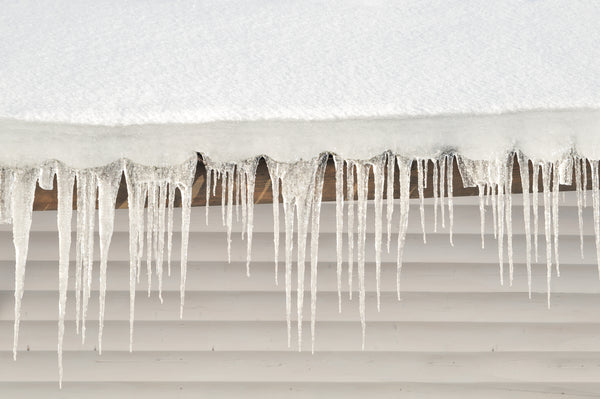Think a roof layover will save money? Think again!
When looking for affordable options to replacing your roof, you might come across options for “layovers,” i.e. the process of installing new shingles over your current shingles. Is this a bad idea or a time and money-saving option? The experts from RSG Construction are here to weigh in.
For most homeowners, it is not a good idea to overlay a traditional asphalt roof versus a complete replacement. The main reason is that you cannot examine the decking to determine if there is anything that needs to be replaced under the shingles. If you don’t remove your roof down to the deck, you will not know if there is rot, ice or water damage that needs to be repaired or replaced.
Even if your decking were in perfect condition, there would be no way to install an ice and water-leak barrier to your new roof, as it must be installed directly to the decking. For roofs that withstand the brutal conditions of our Midwest winters, this is simply a step that should not be missed. If you have an ice dam in the wintertime, it could easily travel under your new overlay and leak under the old roof.
Other concerns to be aware of when installing “layovers” include difficulty of installation. Flashing is compromised, as well as adding multiple tons of weight, which could pose a problem when you add several tons of snow during one of our winter weather episodes.
If there were any pros to layovers versus a new roof, it would be cost savings. However, because of the amount of prep work involved in overlaying a roof properly any saving are usually minimal—maybe 25%--when compared to a new roof. Most roofing contractors will not provide any time of warranty with a layover, increasing your risk. Since the work won’t last near as long as a new roof, this could actually end up costing you more in the long run.
Your roof is one of the most important assets in protecting your home. When weighing the minimal savings of layovers versus potential problems--uneven appearance, reduced life expectancy, future leaks—it’s best to just reroof your structure. Got more questions about the dangers of layovers? Give the team at RSG a call at 816-866-4235 or just click HERE to schedule your complimentary consultation.
Leave a comment
Comments will be approved before showing up.




